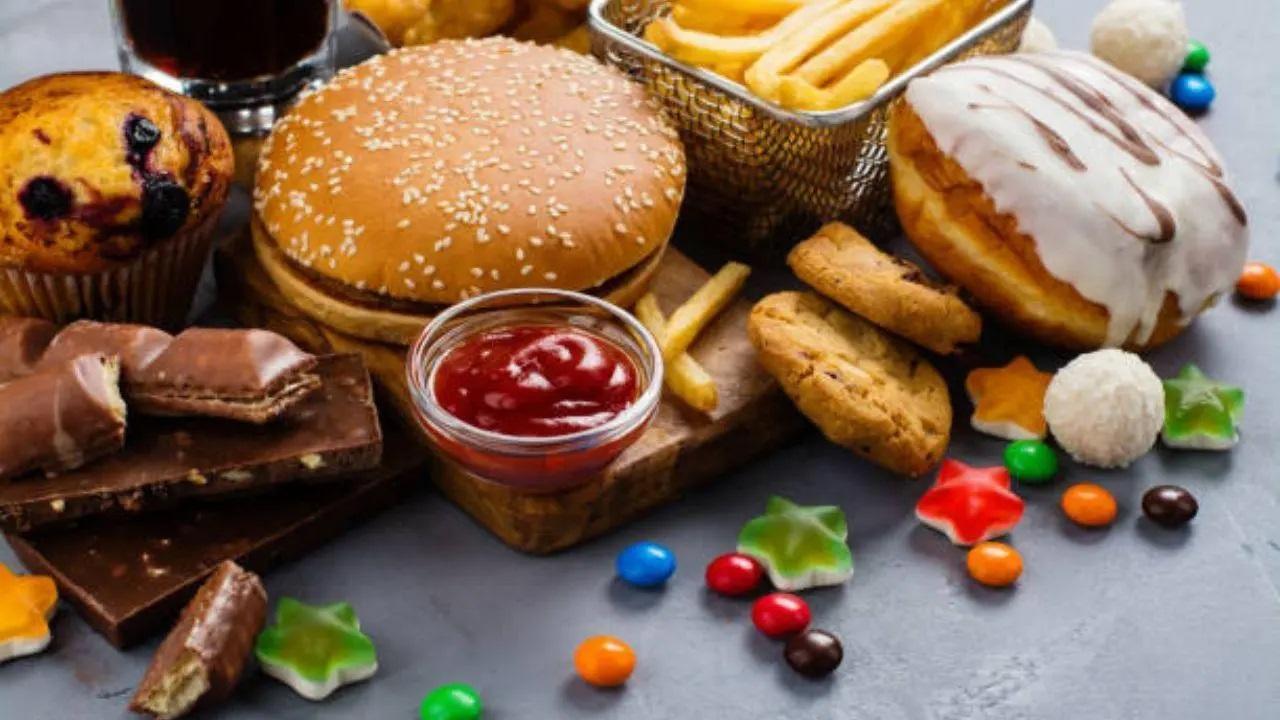Ultra-processed food ads misleading; fuelling obesity and diabetes in India
Updated On: 07 July, 2024 03:07 PM IST | New Delhi | IANS
The recent ICMR-National Institute of Nutrition (NIN)`s dietary guidelines for Indians reveals that more than 10 per cent of 5-19- year-olds are pre-diabetic. This is when the government has set a target to halt the rise of obesity and diabetes among Indians by 2025

Image for representational purpose only. Photo Courtesy: istock
Advertisements of unhealthy food products with high salt (HFSS) food products, or ultra-processed food (UPF) are misleading and are "seductive, luring, manipulative or deceptive" people to buy and in turn increasing the incidences of obesity and diabetes, according to a new report on Friday.
The report `50 Shades of Food Advertising`, by the Nutrition Advocacy in Public Interest (NAPi), is based on an observational study of the appeal in 50 advertisements of food products that have appeared in popular English and Hindi newspapers available in Delhi and also took note of some of the ads that appeared in TV commercials during cricket games or few on social media.



